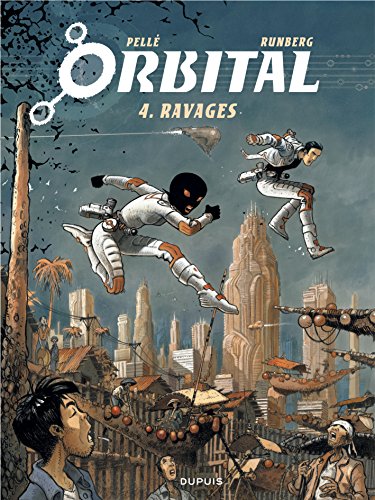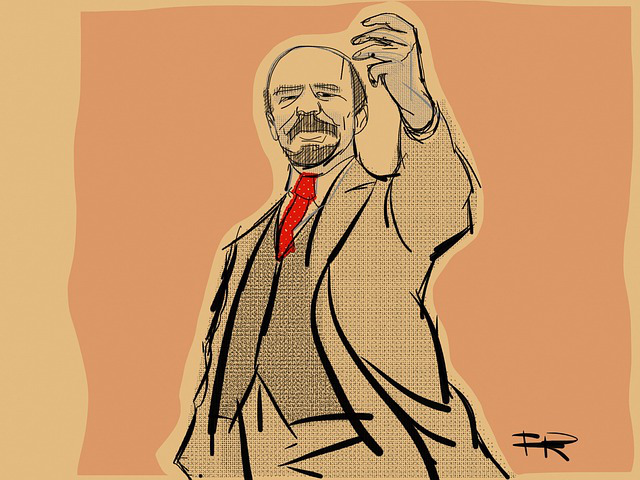

★★★
A Novel of the Collegia Magica: Book I
Portier de Savin-Duplais used to dream of being a great sorcerer, but reality has an unfortunate habit of failing to meet expectation. Instead, he has become the librarian of the great magical college that teaches other, more successful mages: a sober, scholarly, slightly unfulfilled man past thirty and wondering what more life has to offer. And then, one day, he receives a message from his distant cousin, the King of Sabria, asking for help. Someone has attempted to assassinate the king, leaving behind terrifying proof of a power that breaches the bounds of magical heresy. The King fears a second attempt and needs an agent: someone who understands magic; and someone he can trust. So, Portier finds himself thrust into a web of intrigue, danger and sorcery of the darkest kind.
Nor is Portier alone in his investigations. For his sins, he’s saddled with the flamboyant, flippant nobleman Ilario de Sylvae – half-brother to the King’s estranged wife, popinjay of the most insufferable kind, and allegedly the key to court circles. And he also has to find a mage of sufficient power to combat the dark knots of magic which they’re facing. Portier understands the construction of the magic, intellectually, but has no hope of doing anything practical with it. His mission is secret and he can’t trust anyone at the Collegia – who knows where the assassin is lurking, after all? – so he sets out to find a rogue mage. He unearths Dante: an irascible, solitary sorcerer whose ghastly manners are only just balanced out by a breathtaking magical power beyond anything that Portier has ever seen, which threatens to undermine all the teachings of the Collegia. Together, the three mismatched men plunge into the seething heart of court politics, in a race against time to unmask the would-be assassin before another attempt on the king’s life.
Where this book shines is in its rich context. Berg has created an intricate series of social, political and magical hierarchies and the real pleasure of the novel is in getting to know her world. Dante and Portier argue over the nature of magic, comparing the traditions of Collegia teachings to the raw, unfettered forces which Dante has learned to control – a pleasantly thorough, almost academic discussion which gives Berg’s magic a sound foundation in plausibility. Magic isn’t just there in this world: it’s a discipline with conventions and schools and mavericks. And it’s a discipline under threat from the natural scientists, who have won support from their sceptical king and who hope to push the charlatan sorcerers into the shadows where they belong. To make matters worse, the king’s support for enlightened science is set directly against the queen’s known fondness for sorcerers. Portier and his two companions are treading on dangerous ground.
Indeed, there are times when the world-building feels more important than the actual plot. The structure of the story is a little uneven and I got the feeling that Berg would have been much happier simply exploring the court than actually having to send her ‘heroes’ off on the inevitable quest. The action didn’t always flow as smoothly as it could have done; nor, I felt, was there enough of it to warrant a book of almost 500 pages. At times, the writing also felt a trifle uneven, as Berg chooses to use (through her narrator Portier) an old-fashioned idiom. Usually it works, but sometimes you feel the need to find your way through with a ball of string. It really is an odd book, actually. Objectively the writing is good; the world-building rich and imaginative; the characters of Ilario and Dante have, by the end, become intriguing (though I would’ve liked to see more of Ilario); but there’s something that doesn’t quite work for me. I just can’t quite put my finger on it.
Has anyone else read Berg? I see that the sequel, The Soul Mirror, has slightly better ratings, so I may give that a chance one day, but do you think I might find any of her other series more congenial? I’ll be completely honest and say that I came to this via the cover, which I think is by the excellent Larry Rostant (the idea of Renaissance French magic appealed). As such, it was better than I had any right to expect, and it offers a more intellectual kind of fantasy than usual; but ultimately it’s a book that left me, in some curious way, fundamentally unsatisfied.
Buy the book
Share this:




